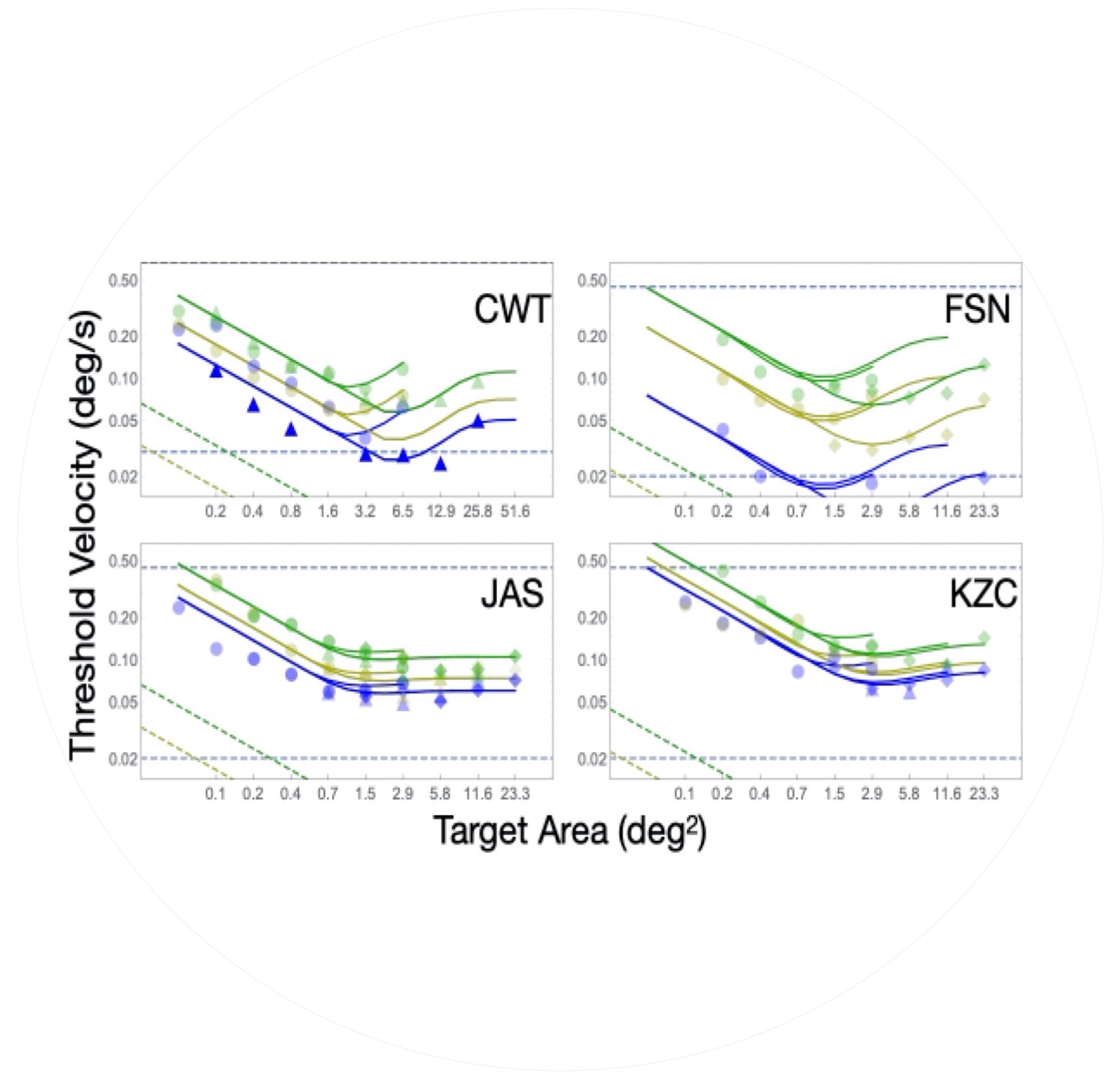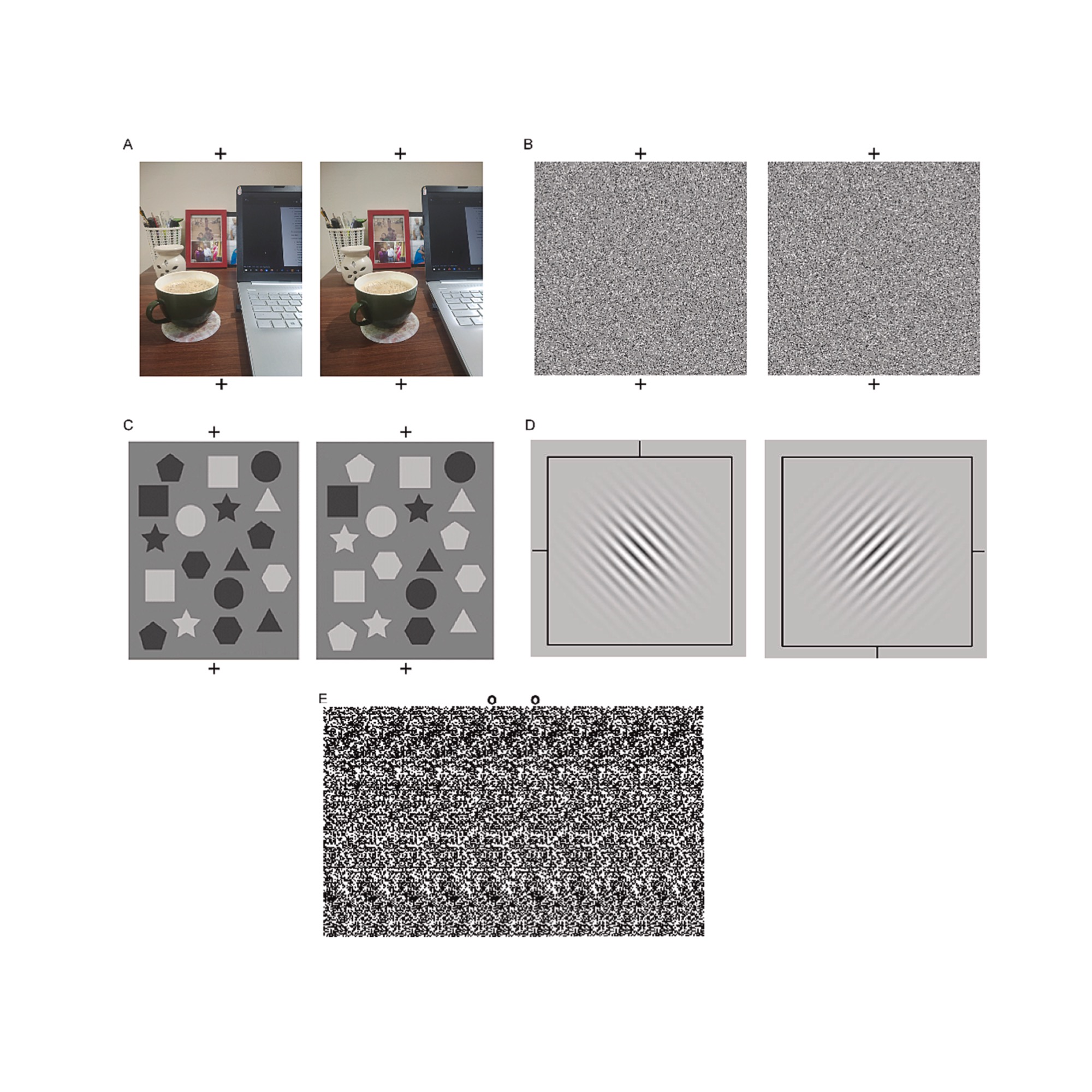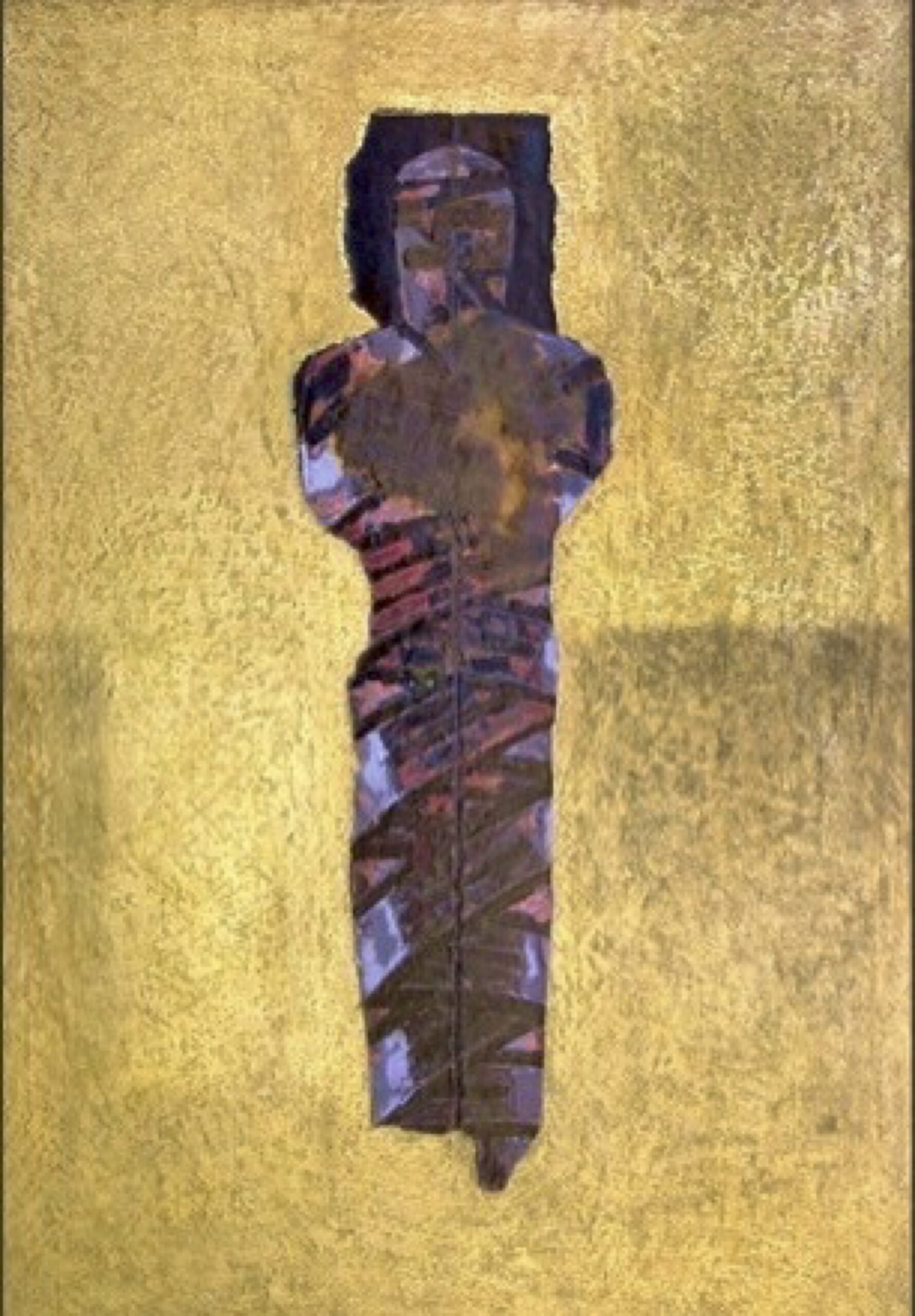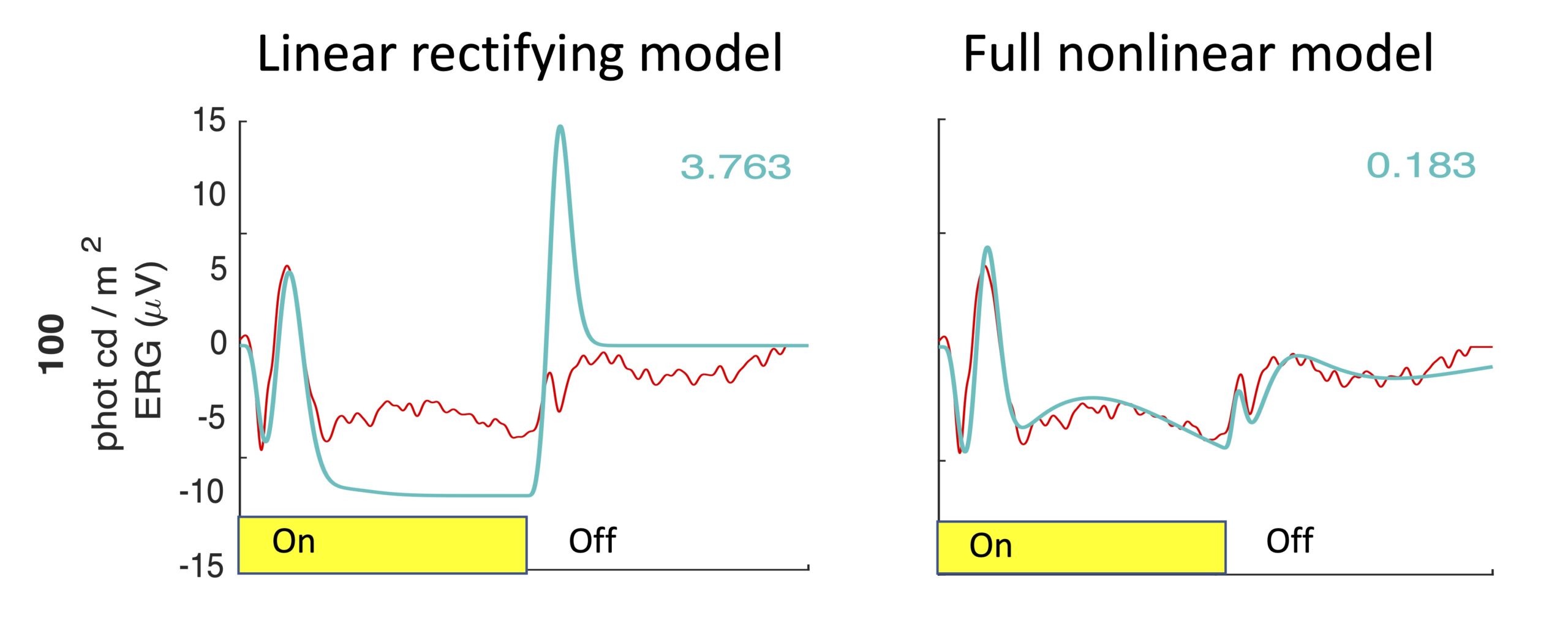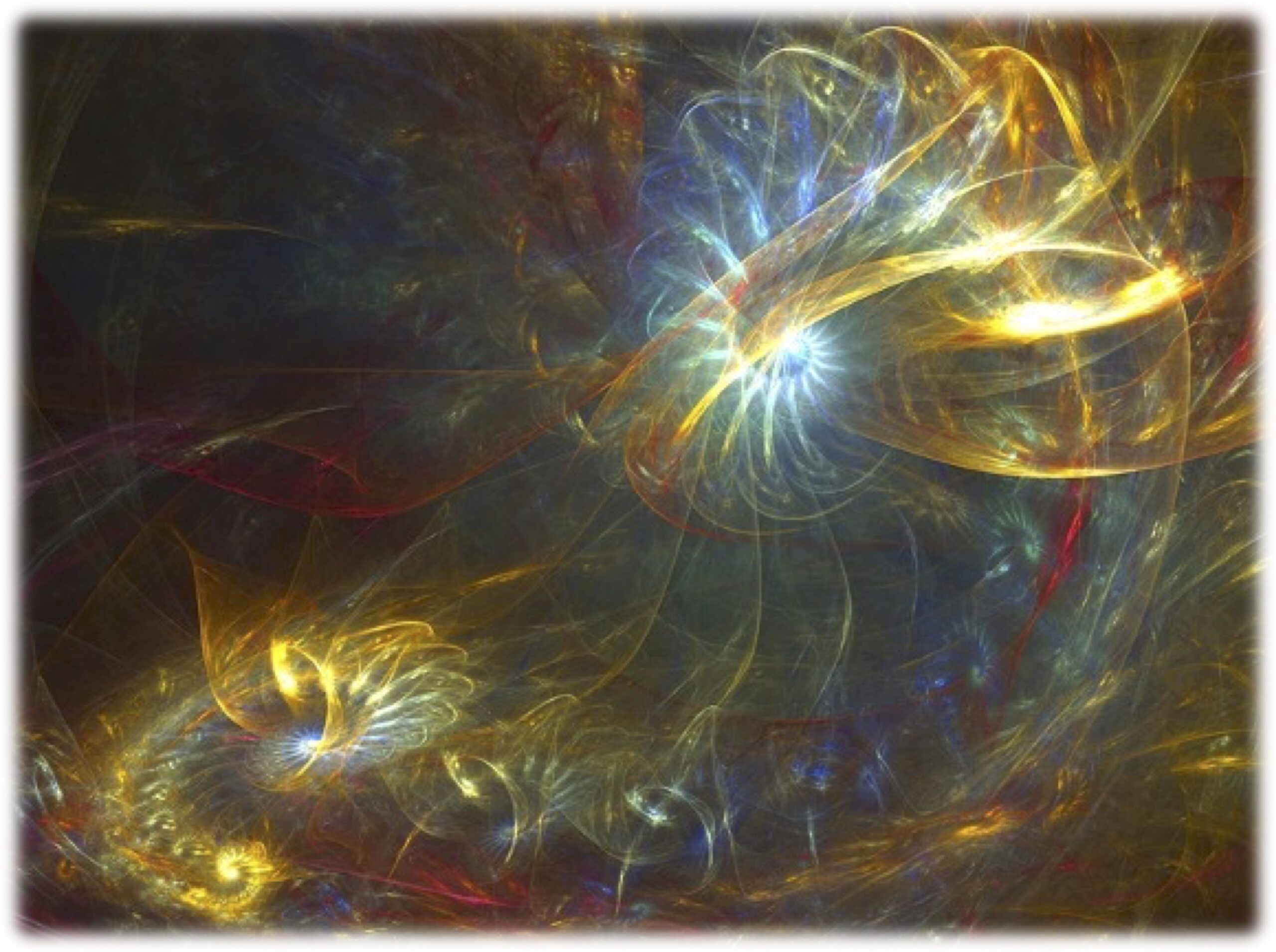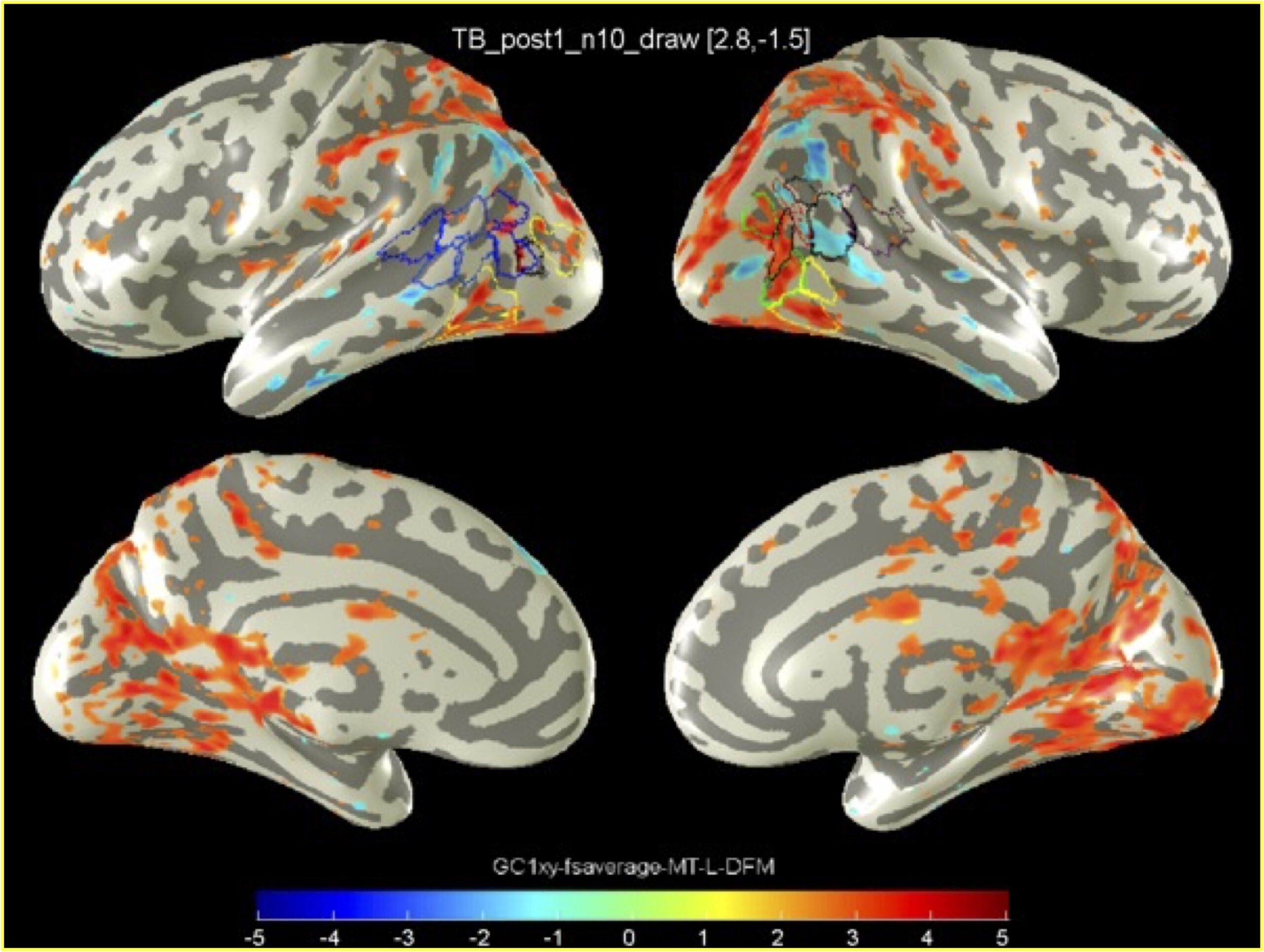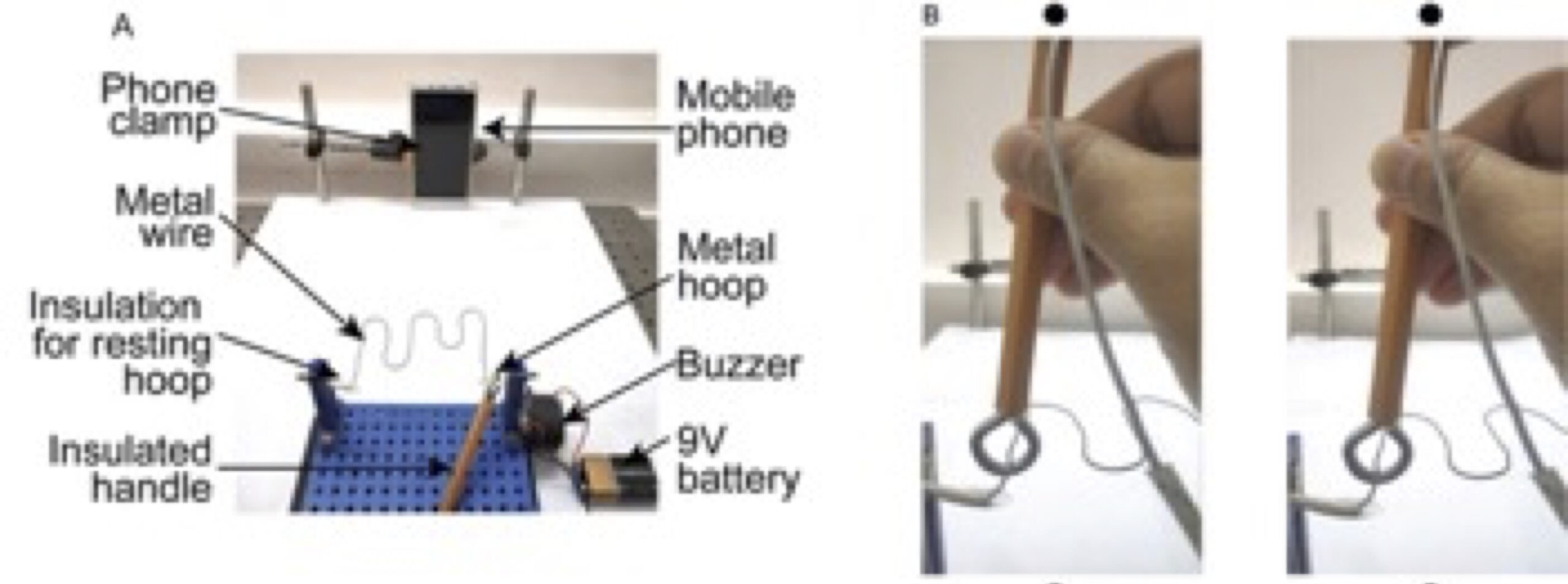
Senior Scientist
B.A., M.Sc., Ph.D., D.Sc., F.R.G.S.
My research centers on human visual neuroscience and computational vision, especially in the areas of stereoscopic depth, form, symmetry, and motion perception in adults, and the development of noninvasive tests for the diagnosis of eye diseases. A longterm focus of the lab is on theoretical, psychophysical, oculomotor and fMRI studies of the integration of cues to the full scope of 3D depth perception. We are particularly interested in the normal capabilities of binocular eye movement control and its disruption by forms of traumatic brain injury. Another current concern is the development of a comprehensive model of the human electroretinogram (ERG) for enhanced diagnosis of eye diseases and traumatic brain injury sequelae.
Contact Information:
Email: cwt@ski.org
Office Phone: (415) 345-2105
Lab Phone: (415) 345-2024
Mobile Phone: (415) 828-7808
Links:
Extended WebsitePublications
Projects
- CompletedHuman Oculomotor Functions & Their Deficits in Traumatic Brain InjuryRecent studies have established that a high proportion of patients diagnosed with mild (or diffuse) traumatic brain injury (mTBI) exhibit binocular vision dysfunctions, particularly, deficiencies in the binocular coordination of...
- CompletedEncoding of 3D Structure in the Visual Scene: A New ConceptualizationThe multidisciplinary goal was to develop an integrated conceptualization of the mid-level encoding of 3D object structure from multiple surface cues
- CompletedAdvanced Spatiomotor Rehabilitation in Blindness and Visual ImpairmentWe propose a multidisciplinary approach to effective spatiomotor rehabilitation in blindness and visual impairment. For those who have lost vision, the eye-hand coordination normally available for the manipulation of objects...
- Mechanisms of Photophobia in Mild Traumatic Brain Injury in Human Subjects: Therapeutic ImplicationsThe purpose of this grant is to identify the mechanisms responsible for generating photophobia in patients who have suffered mild traumatic brain injury (mTBI). Currently, estimates indicate that this painful...
- ActiveSpectral ERG analysis of hypersensitivity to light in traumatic brain injuryThe purpose of this research study is to use the spectral electroretinogram (ERG) to deteremine how the retinal mechanisms of sufferers from abnormal light sensitivity due to head injury differ...
- Harnessing the Power of Drawing for the Enhancement of Learning across Levels of Vision FunctionRecent scientific findings about art and drawing suggest that drawing can facilitate learning in a wide variety of domains. The proposed collaboration will develop an interdisciplinary research program aimed at...
- Advanced Spatiomotor Rehabilitation for Navigation in Blindness & Visual ImpairmentSuccessful navigation requires the development of an accurate and flexible mental, or cognitive, map of the navigational space and of the route trajectory required to travel from the current to...
Labs
- Likova LabPrincipal Investigator:The main areas of my research are learning and brain plasticity of multimodal sensorimotor processing in the blind and the sighted.




